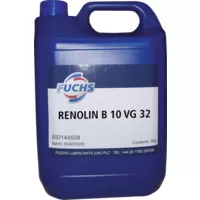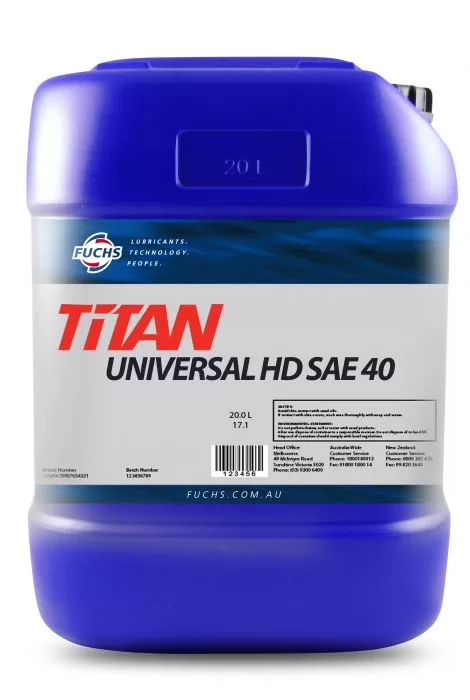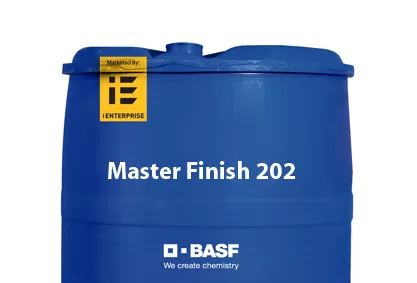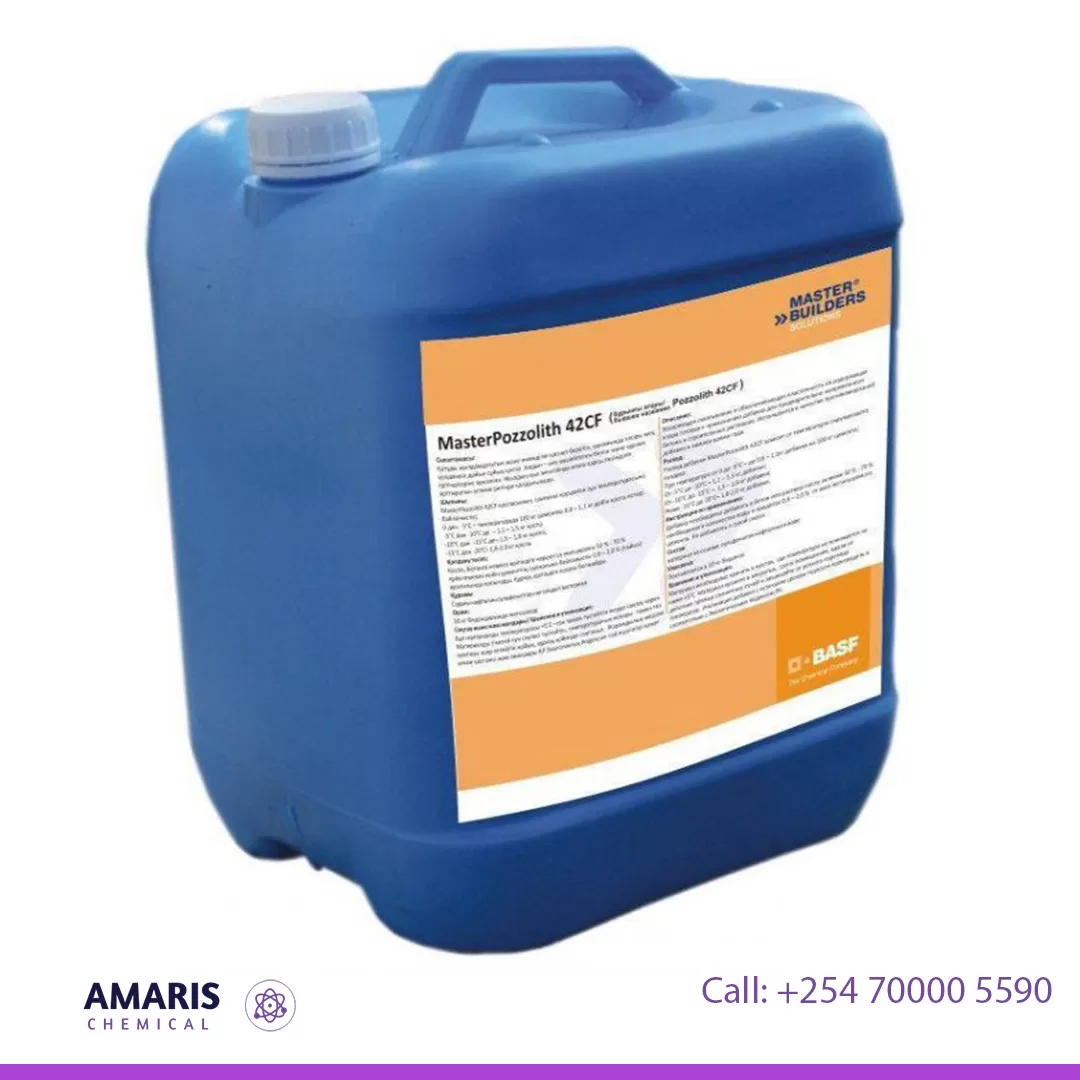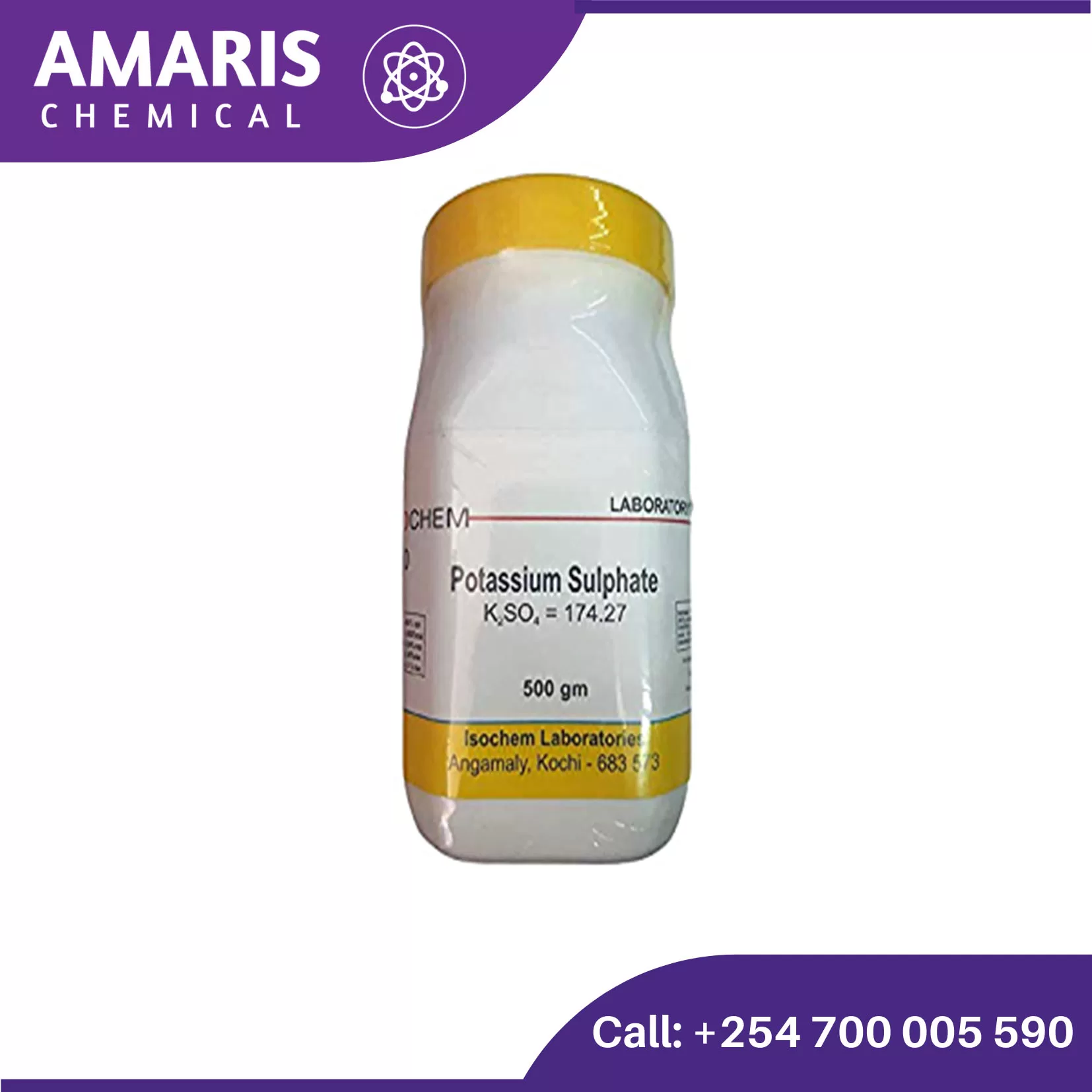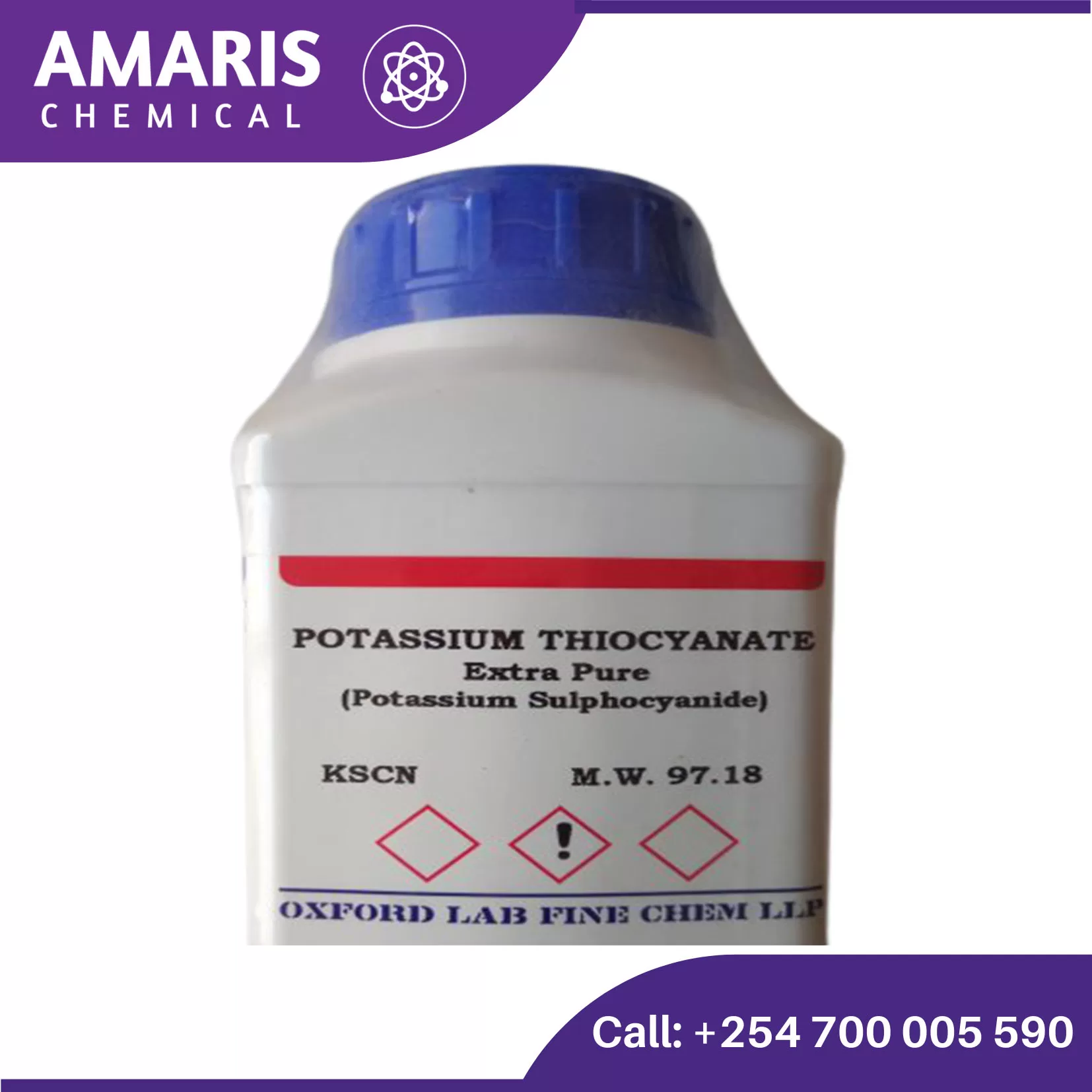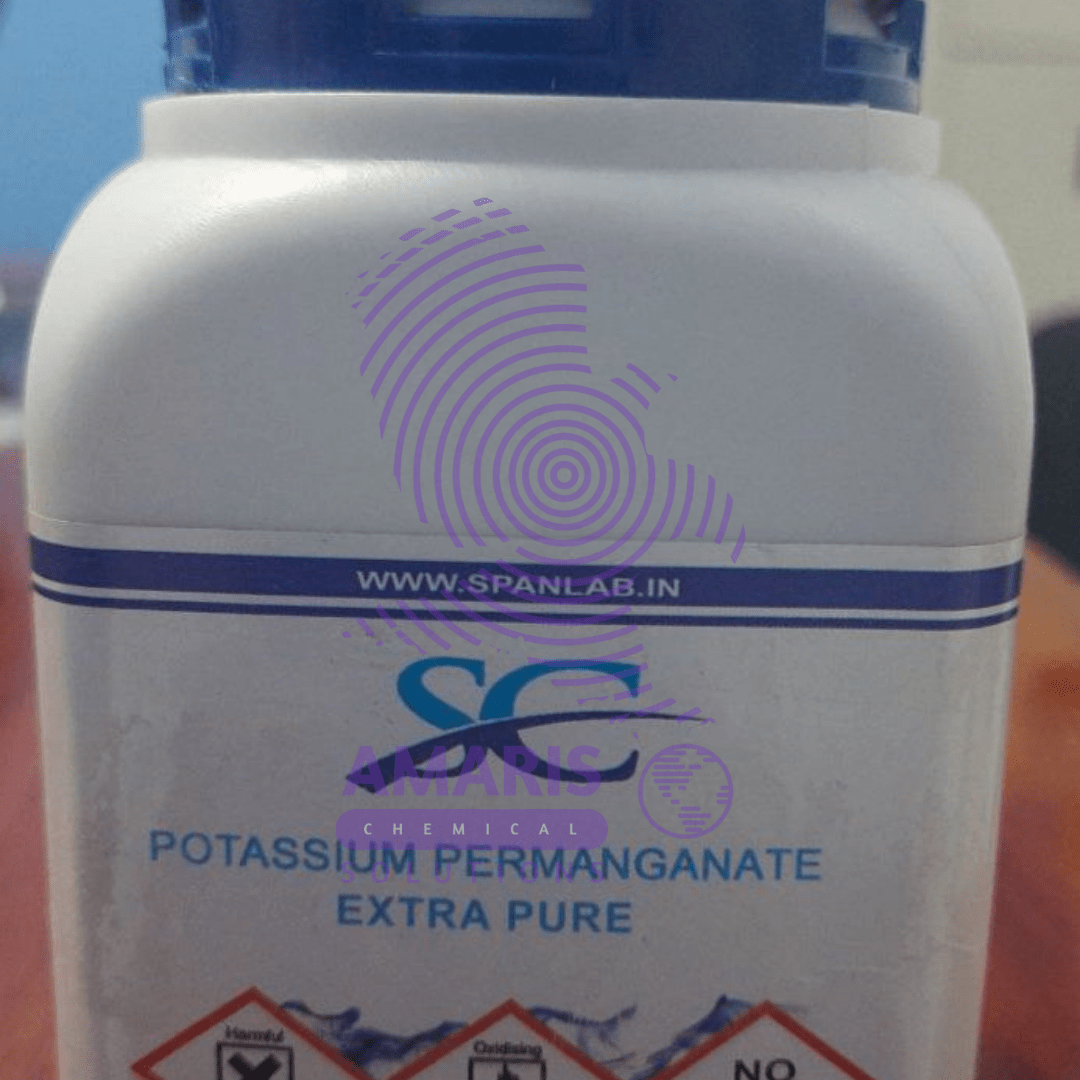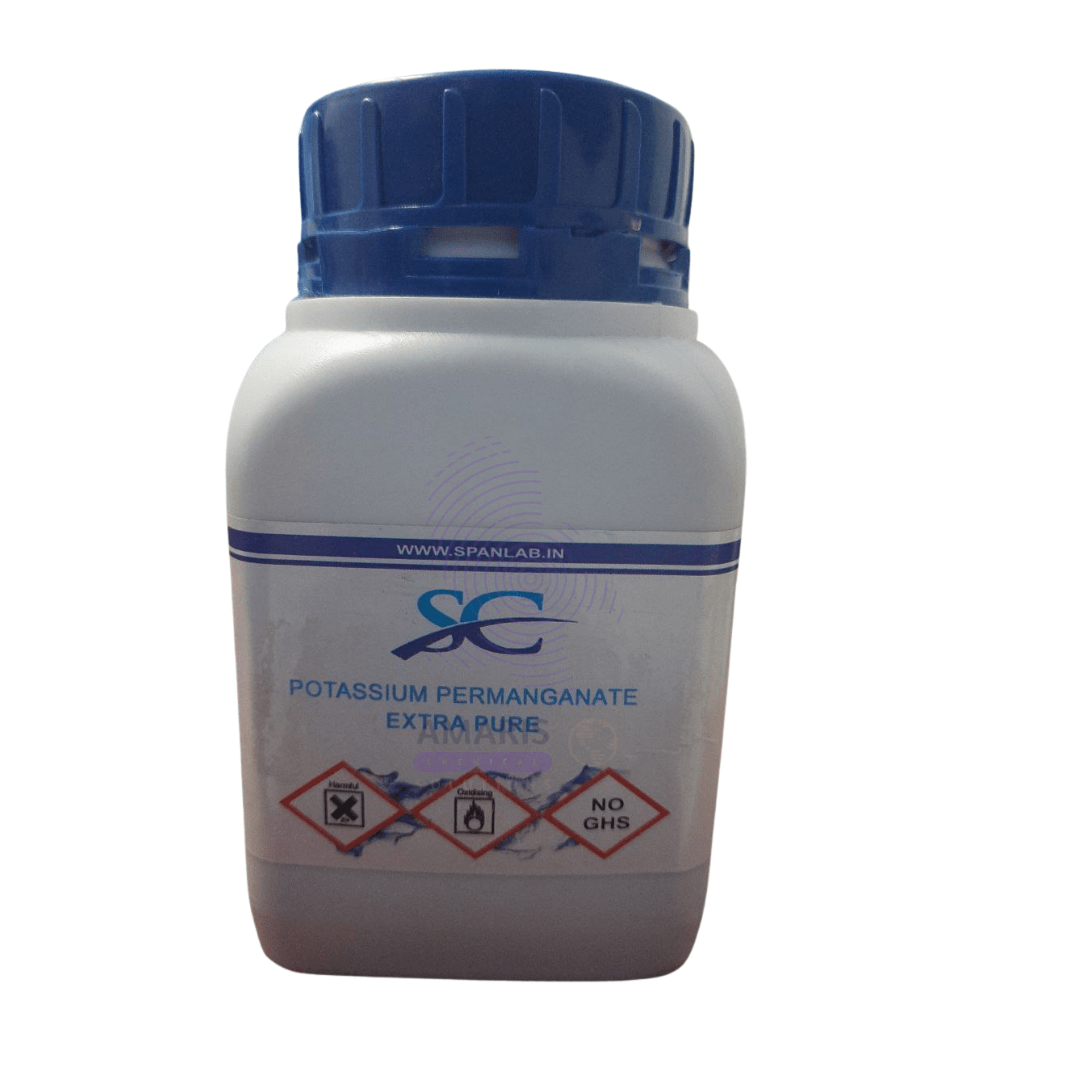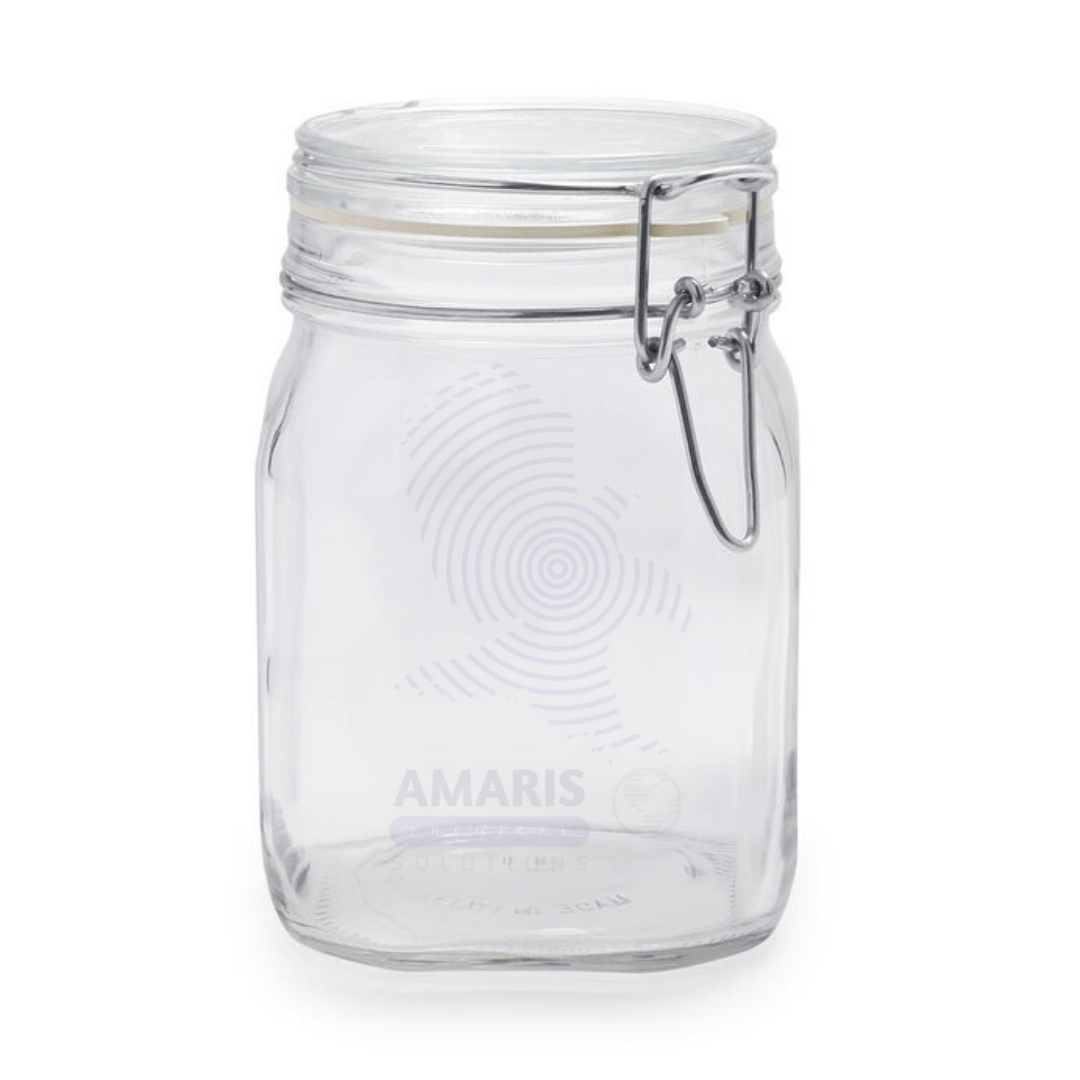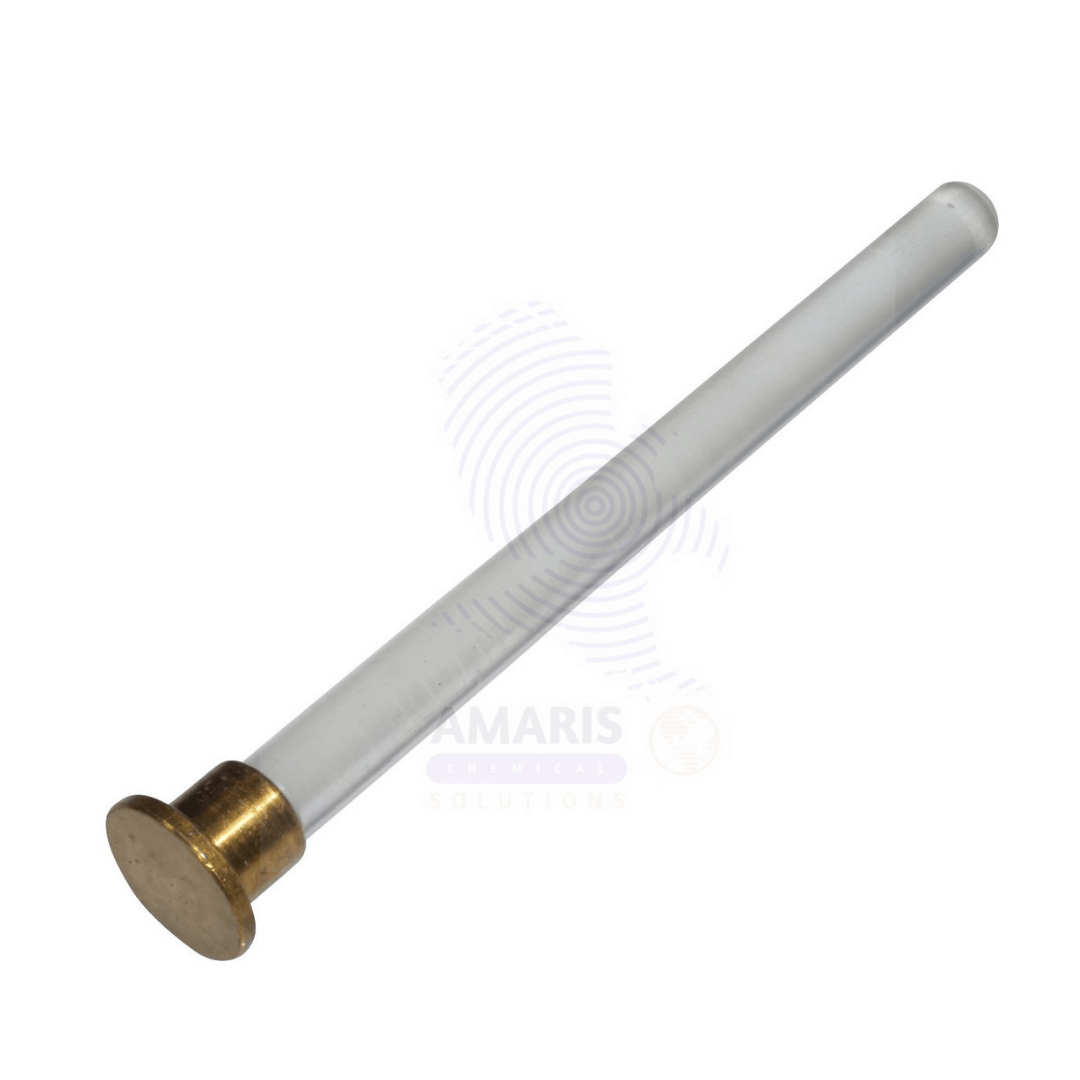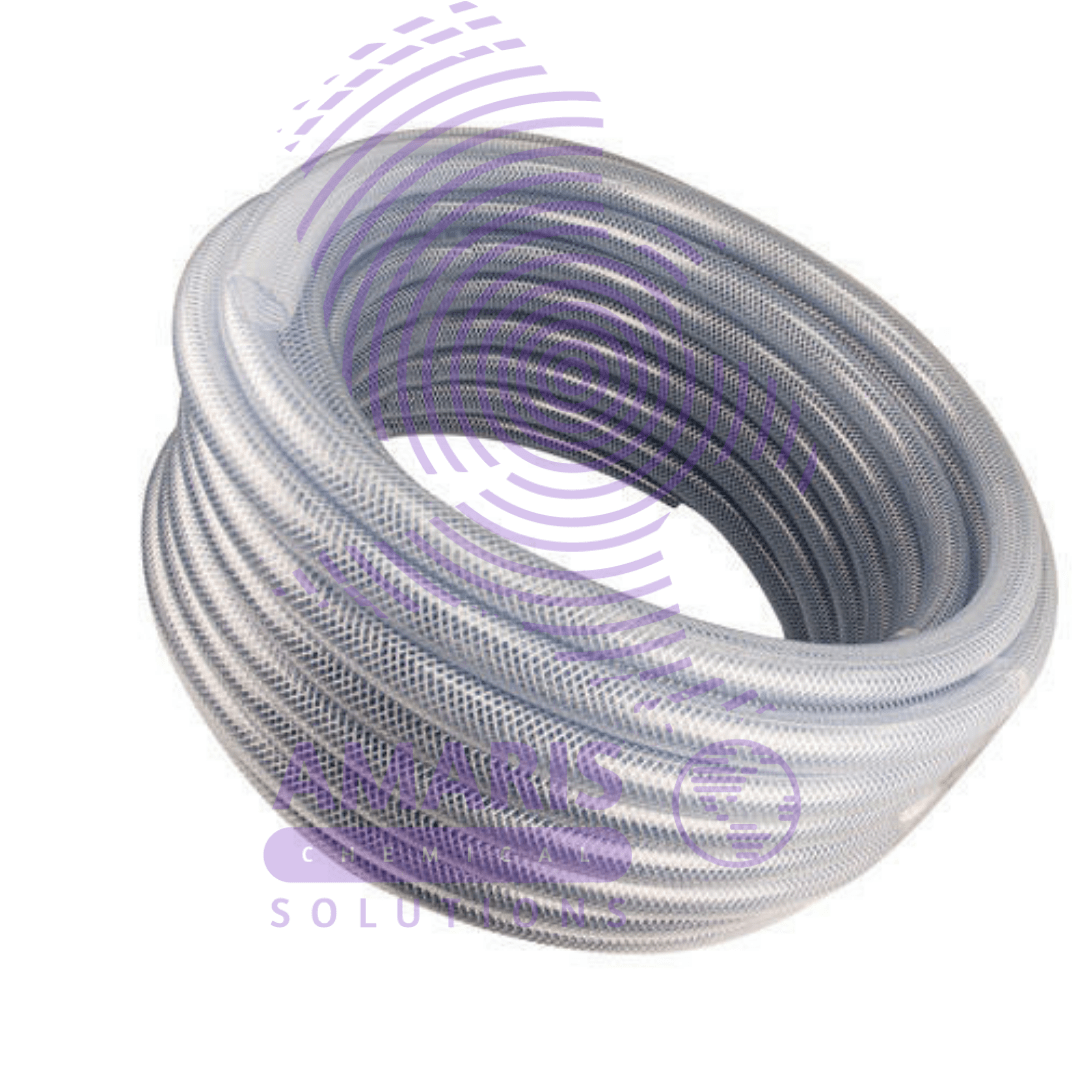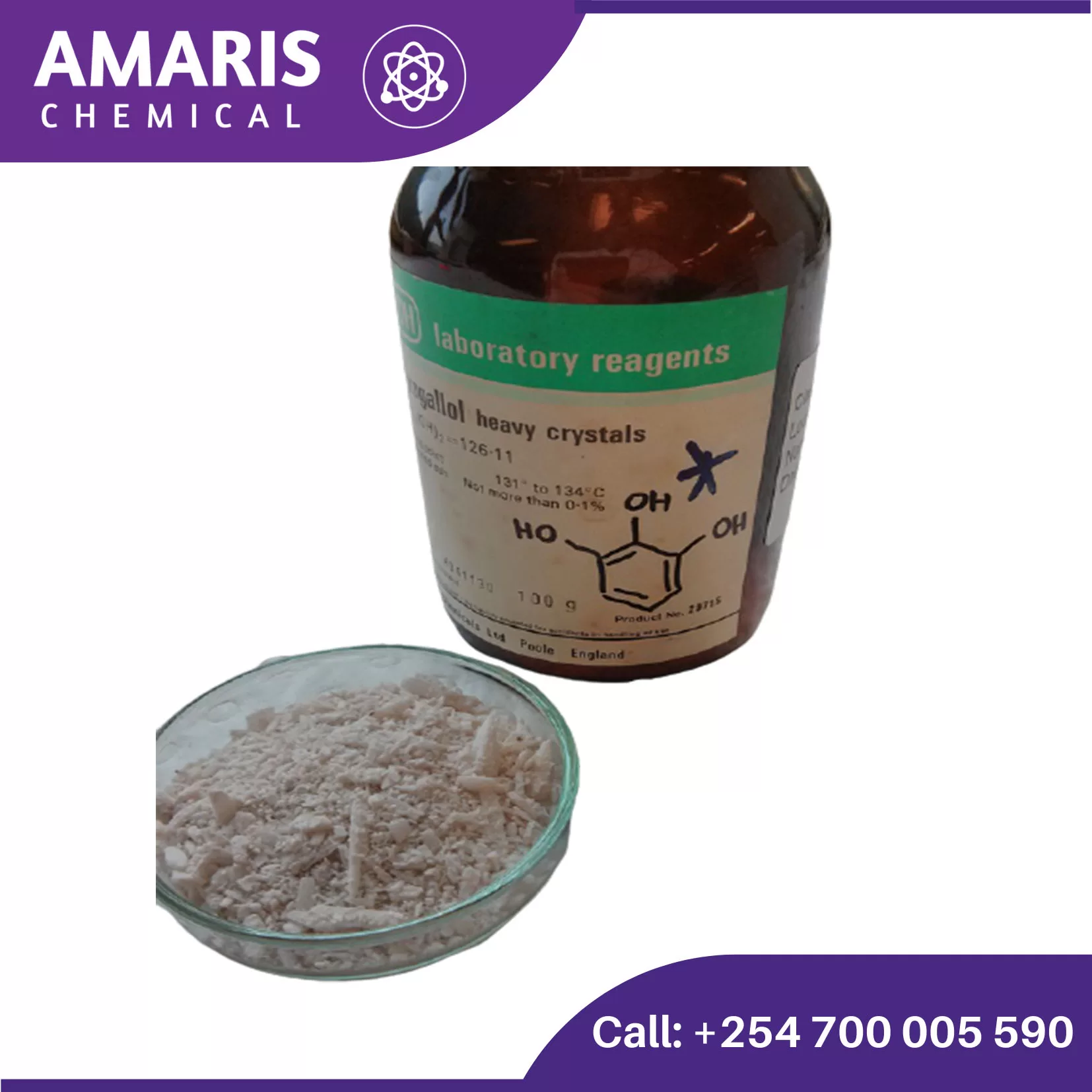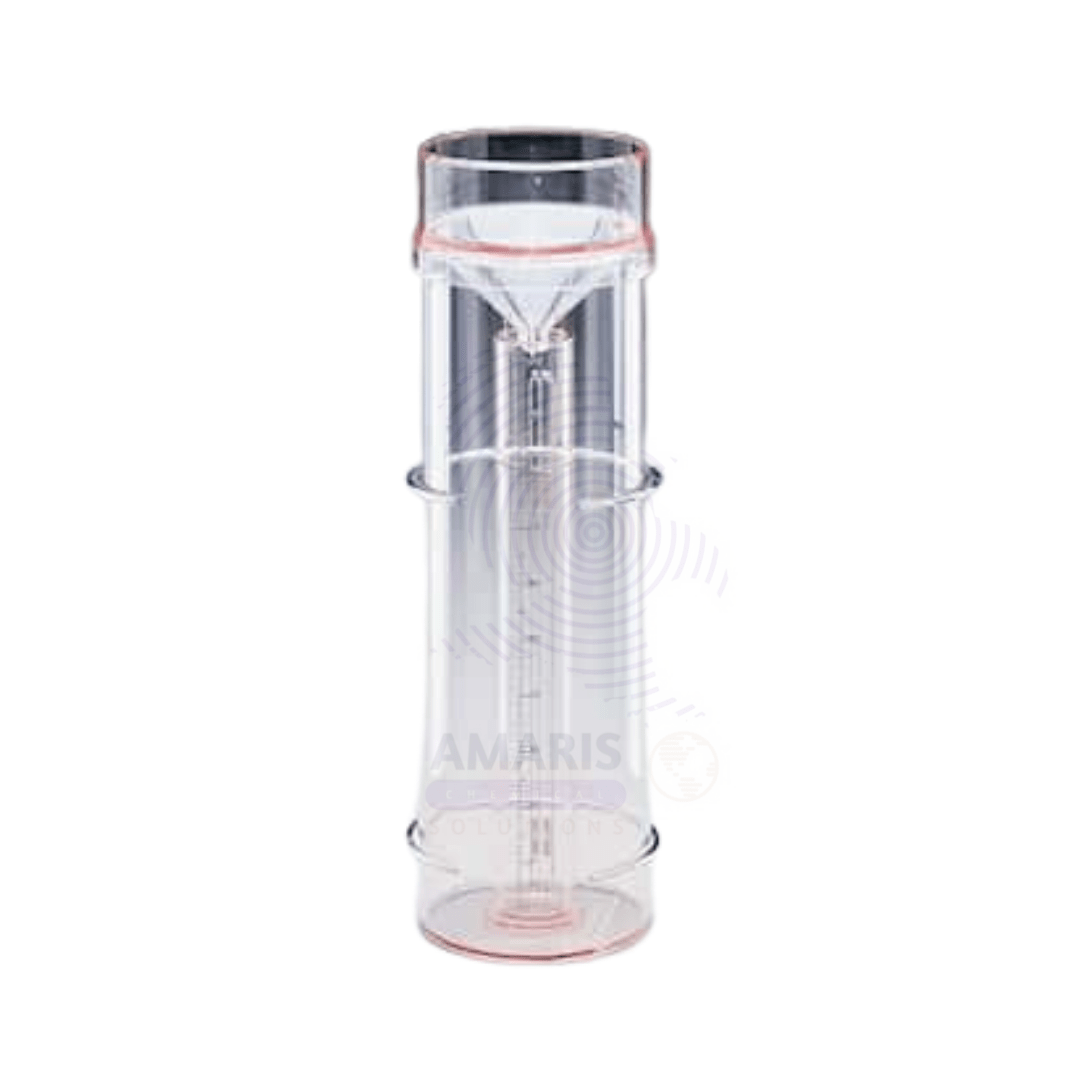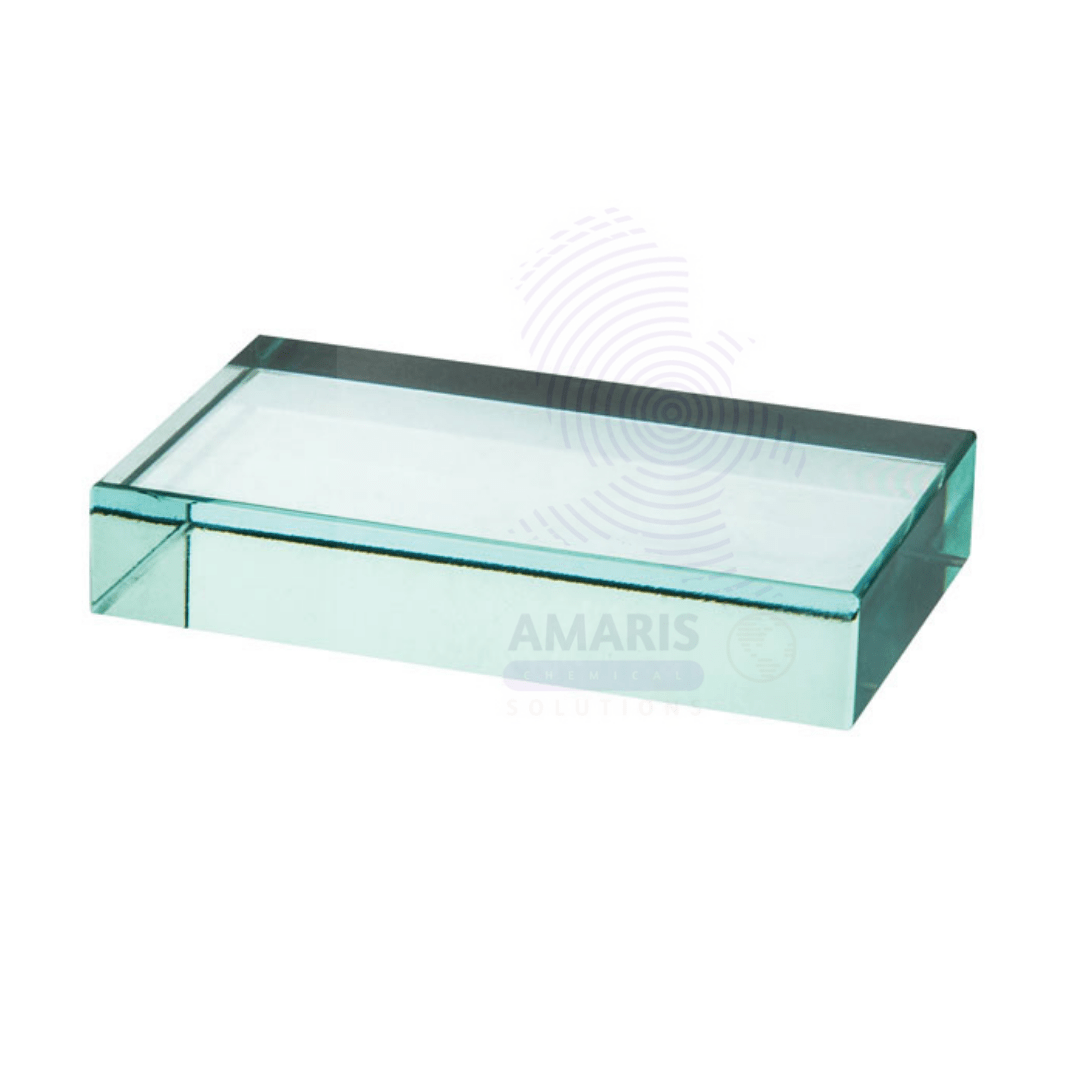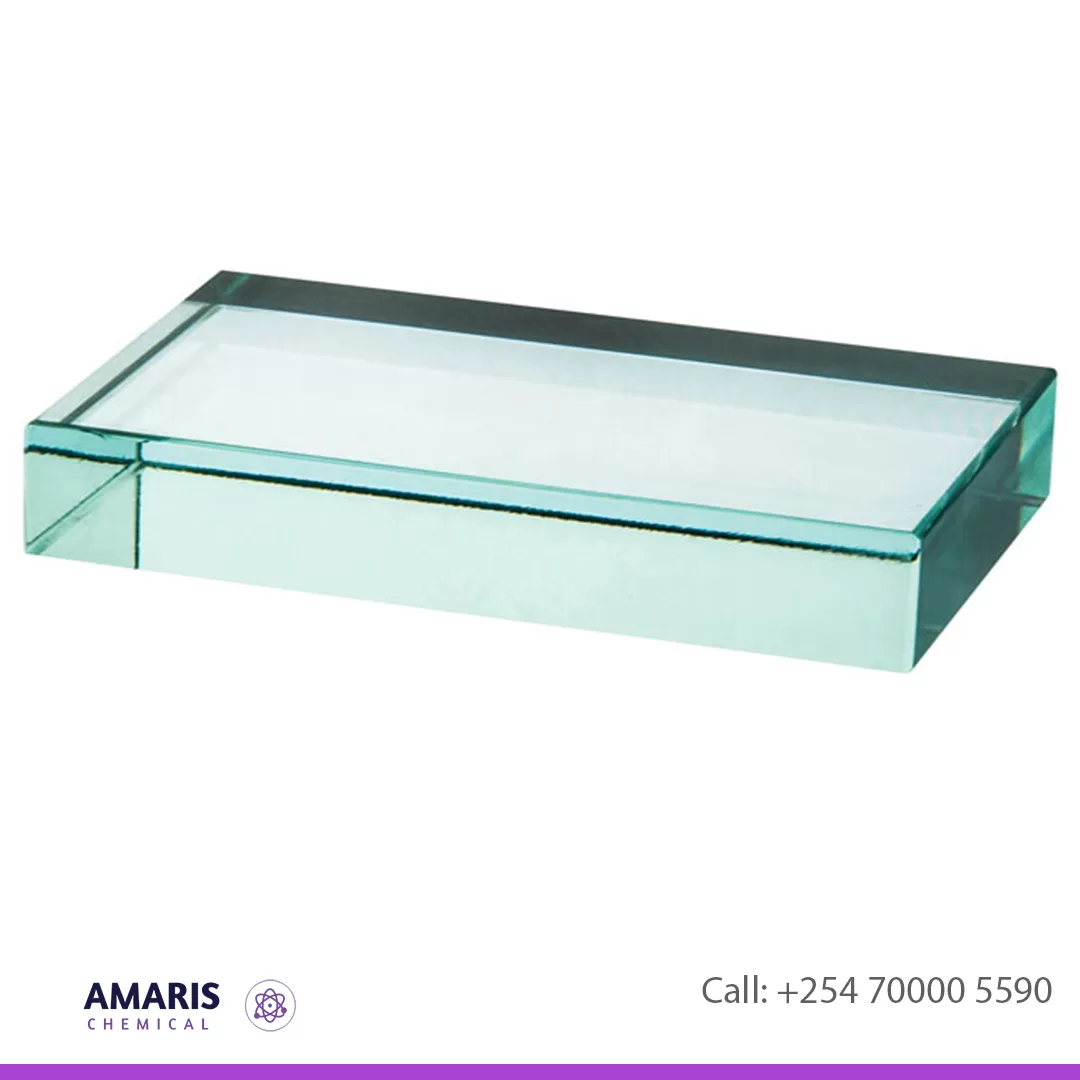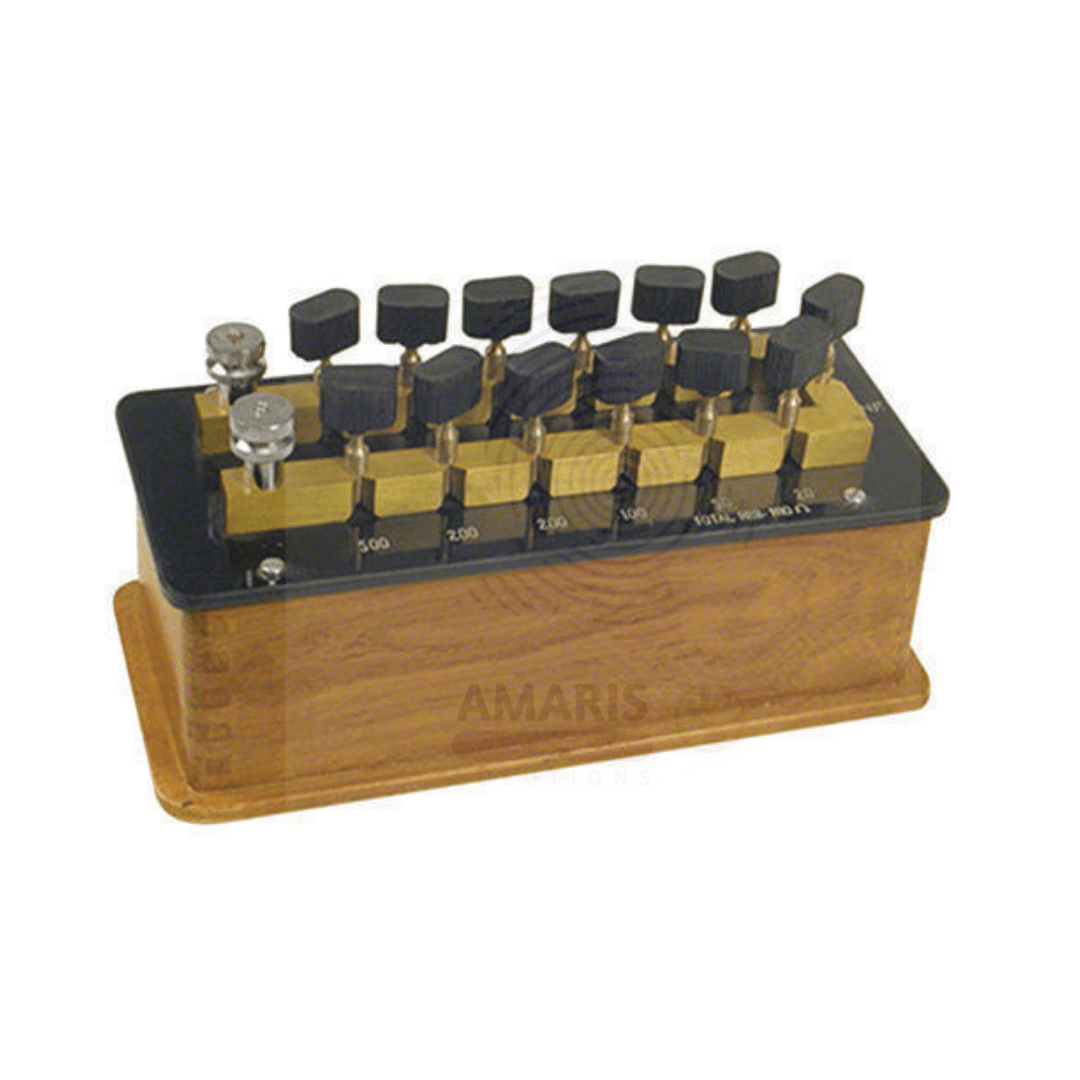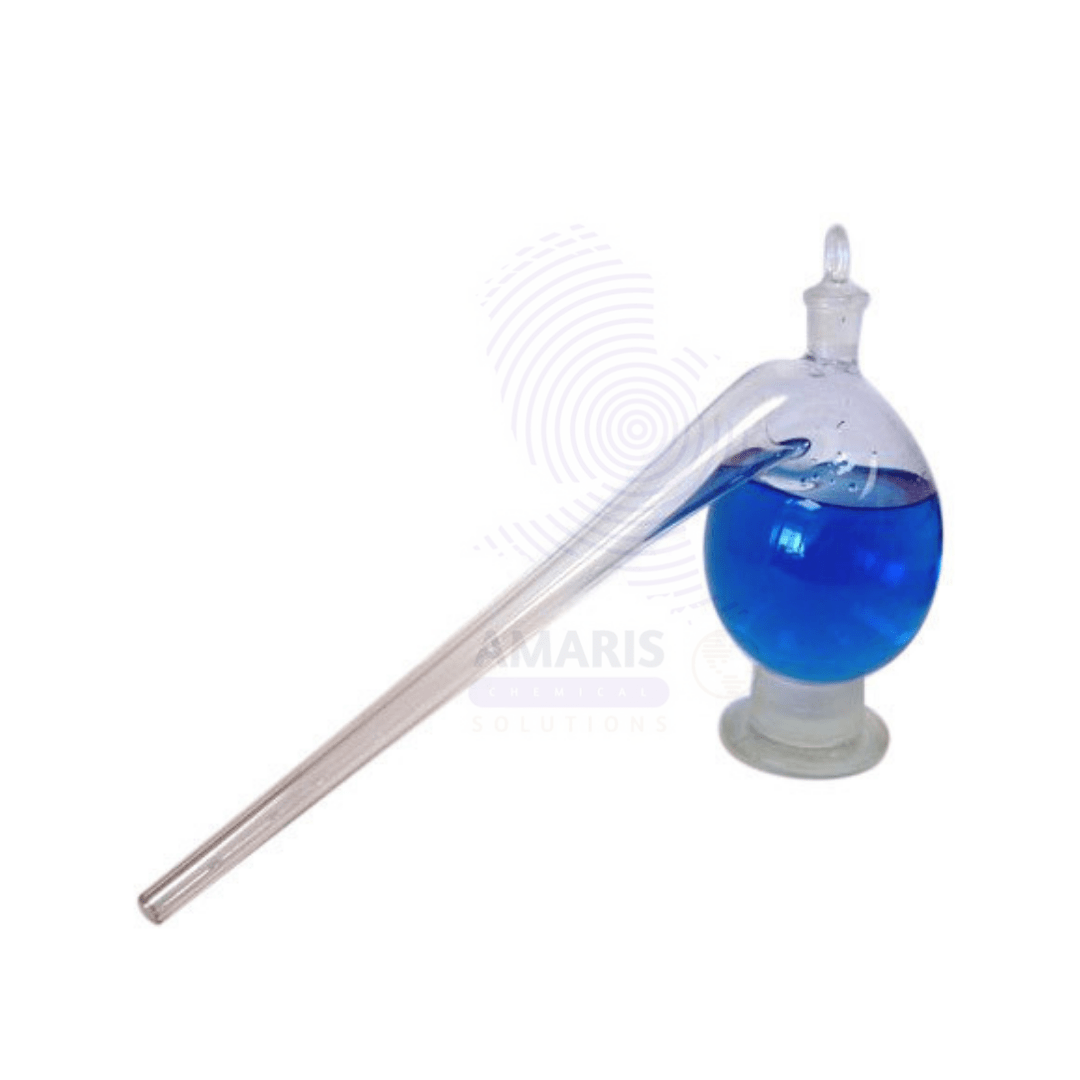Potassium Thiocyanate 500gm
Potassium-permanganate 500grams
Potassium permanganate (KMnO₄) is a compound characterized by its deep purple, almost maroon, crystalline appearance. It dissolves readily in water, imparting a vivid purple color to the solution. This chemical is highly reactive and serves primarily as a potent oxidizing agent in various industrial, medical, and environmental applications.
In addition to its use in water treatment and disinfection, potassium permanganate finds applications in chemistry labs for titrations and oxidative reactions. It is also utilized in medicine for its antiseptic properties, particularly in treating skin conditions and purifying wounds.
Preservation glass lab bottles
Preservation glass lab bottles are high-quality, durable containers specifically designed for the safe storage and preservation of various laboratory samples, chemicals, and reagents. Made from borosilicate or soda-lime glass, these bottles offer excellent chemical resistance, making them suitable for a wide range of applications. Their airtight seals prevent contamination and maintain the integrity of the stored contents, while transparent sides allow for easy visibility of the contents.
Proof Plane
A proof plane is a small, flat, conductive disk, typically made of metal, that is used in electrostatics experiments to sample electric charge from a surface. It serves as a tool to study charge distribution and behavior on conductors and insulators. When the proof plane makes contact with a charged object, it collects a small amount of charge, which can then be transferred to an electroscope or electrometer for measurement. This allows researchers to analyze electric fields, verify polarization, and demonstrate principles of electrostatics, such as charge conservation and transfer. Its design facilitates precise interactions with charged surfaces, making it essential for educational and experimental applications in physics.
Pvc tubing
Rain gauge
A rain gauge is a simple yet effective instrument used to measure the amount of rainfall in a specific area over a set period. Typically consisting of a cylindrical container with a funnel at the top that directs rainwater into a measuring tube, it accurately collects and displays precipitation levels. Rain gauges can be made from various materials, including plastic or metal, and are often marked with measurement units (millimeters or inches) for easy reading. They can be manually checked or connected to digital sensors for automatic data recording, making them essential tools for meteorologists, gardeners, and anyone interested in tracking weather patterns.
Rectangular Glass Block
Rectangular glass blocks are commonly used in laboratory settings for various purposes. Here are some common uses:
- Windows: In laboratory buildings, rectangular glass blocks are often used as windows to allow natural light into the space while maintaining safety and privacy.
- Partition Walls: Glass blocks can be used to construct partition walls within the laboratory, separating different work areas while still allowing visibility and light transmission.
- Observation Windows: In controlled environments such as cleanrooms or containment labs, rectangular glass blocks may be installed as observation windows, allowing researchers to monitor experiments or processes from outside the controlled area.
- Fume Hood Windows: Glass blocks are sometimes used as windows in fume hoods, providing a transparent barrier between the user and hazardous chemicals or fumes while still allowing observation of experiments.
- Light Transmission: Glass blocks can also be used in experimental setups where controlled light transmission is required, such as in optical experiments or photobiology studies.
- Decorative Elements: In some cases, glass blocks are used for aesthetic purposes in laboratory design, adding visual interest to the space while still providing functional benefits like light transmission and visibility.
Resistance box plug type
Resistance coil
A resistance coil is a length of conductive wire, typically made from high-resistance materials like nichrome, designed to convert electrical energy into heat through the process of resistive heating. When an electric current passes through the coil, the resistance of the wire generates heat, making it ideal for applications requiring controlled heating. Resistance coils are commonly used in laboratory equipment such as furnaces, ovens, and incubators to achieve precise temperature control for various scientific processes. Their durability and efficiency make them essential for consistent, reliable heating in research and experimental setups.
Retort flask
A retort flask is a heat-resistant, pear-shaped glass vessel with a long, downward-pointing neck, designed primarily for distillation processes. Its unique shape allows for efficient collection and condensation of vapors, making it ideal for separating substances based on their boiling points. The wide base provides stability and facilitates uniform heating, while the long neck helps direct vapors into a receiving container. It is commonly used in chemical laboratories for tasks such as distillation, refluxing, and crystallization, offering precise control over heating and vapor condensation in various experimental setups.

